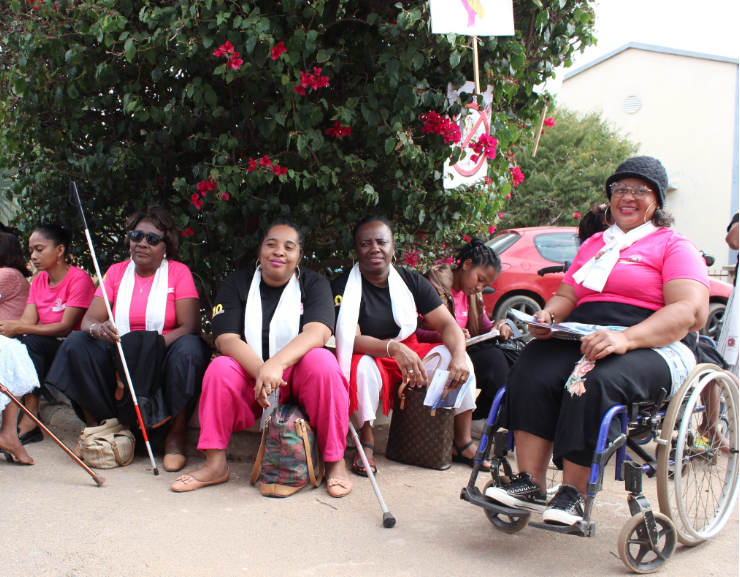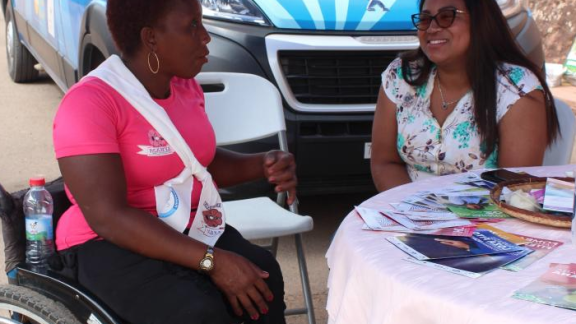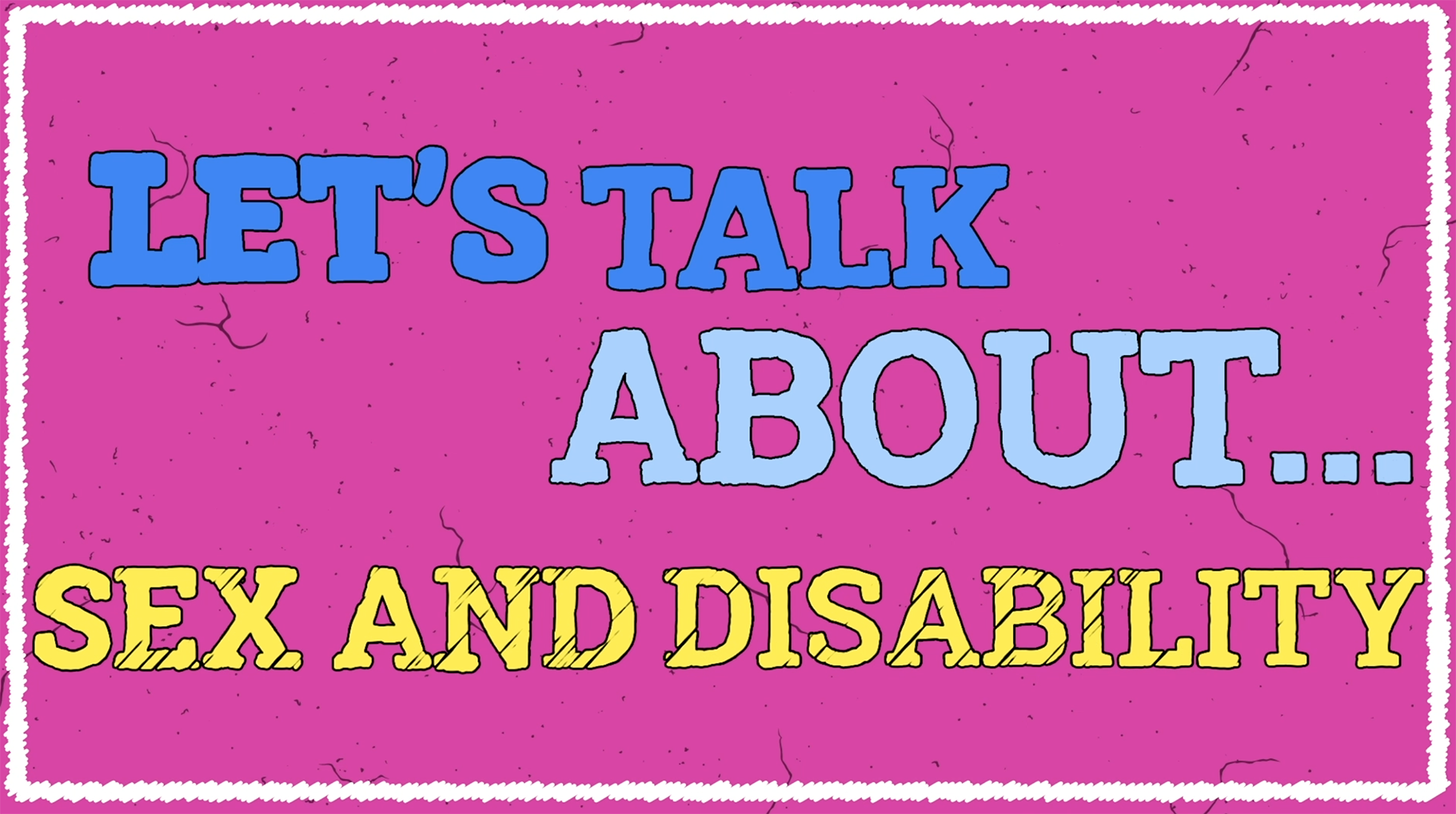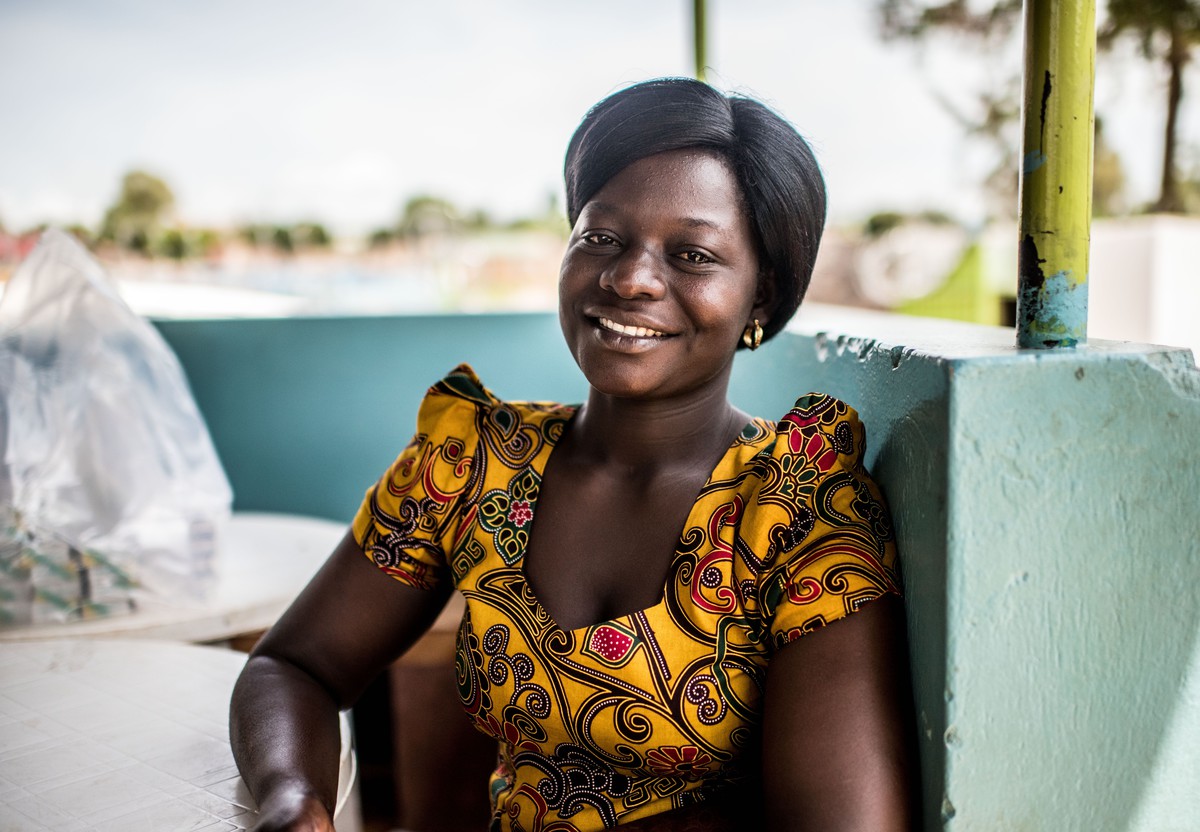Understanding the challenges that people living with a disability face when accessing sexual and reproductive healthcare (SRH), and ensuring their rights are upheld, sits at the heart of Fianakaviana Sambatras’ (FISA) mission to reach vulnerable groups.
Often on the fringes of Madagascan society, and classified as a vulnerable group, people living with a disability are one of FISA’s priority client groups. Through expansion of their delivery networks, FISA provides safe, confidential, and accessible integrated SRH to people living with a disability.
Barriers to inclusive healthcare
Often, FISA’s clients have a lack of awareness about their sexual and reproductive rights where to go for their healthcare - for example, limited access to information through disability-friendly locations and leaflets and posters creates a barrier to vital information unless adapted for visually impaired and blind people. Other challenges include communication for deaf clients, who in some cases may not be accompanied by a companion to assist them.
In some instances, FISA learned that women living with a disability were forced by their families to have an abortion or undergo tubal sterilization during a caesarean delivery without their consent, further reinforcing stigma and stereotypical attitudes towards disability.
Understanding the needs of the client
FISA’s experience with providing care to people living with a disability has led to a greater understanding of their clients’ needs. Provision of improved integrated healthcare delivery includes allowing for longer appointment times to give the correct level of support, which is especially important for counselling and consultations.
FISA offers free consultations to people living with a disability and prioritizes young people ensuring they can access youth-friendly care. The team also run sessions using sign language to raise awareness on sexual and reproductive health and rights and to provide information about the different contraceptive methods available, such as the IUD and pill.
FISA encourages people living with a disability to participate in events such as International Women’s Day to help make their voices heard, to advocate for their rights, and to collaborate on the development of a comprehensive sexuality education guide through a series of workshops.

Designing and delivering disability-inclusive healthcare
FISA has adapted its healthcare delivery to be disability-inclusive and to raise awareness of, and advocate for, the sexual and reproductive rights of people living with a disability.
Critical to providing healthcare is safeguarding access to comprehensive sexuality education for young people living with disabilities that are specific to their needs.
Providing information resources in Braille, using diverse pictures, and training healthcare workers to be able to communicate using sign language makes FISA a go-to place for healthcare for people living with a disability. Clients are made to feel welcome and safe with FISA’s qualified healthcare team and accessible facilities.
“Our Member Association in Madagascar plays a leading role in ensuring that persons with disabilities have access to high-quality and integrated sexual and reproductive healthcare. Their work is a good example of our mission to provide care to the most vulnerable, underserved, and often marginalized members of our communities. Integrated disability-inclusive healthcare delivery strategies that are adapted to our beneficiaries’ needs remain a priority in our work on the African continent”, says Marie-Evelyne-Petrus-Barry, IPPF Africa Regional Director.
FISA enables its clients, and especially young people and women, living with a disability to feel empowered to make their own decisions concerning their bodies, wellbeing, and SRH.
when
country
Madagascar
region
Africa
Subject
Contraception
Related Member Association
Fianakaviana Sambatra, Madagascar











